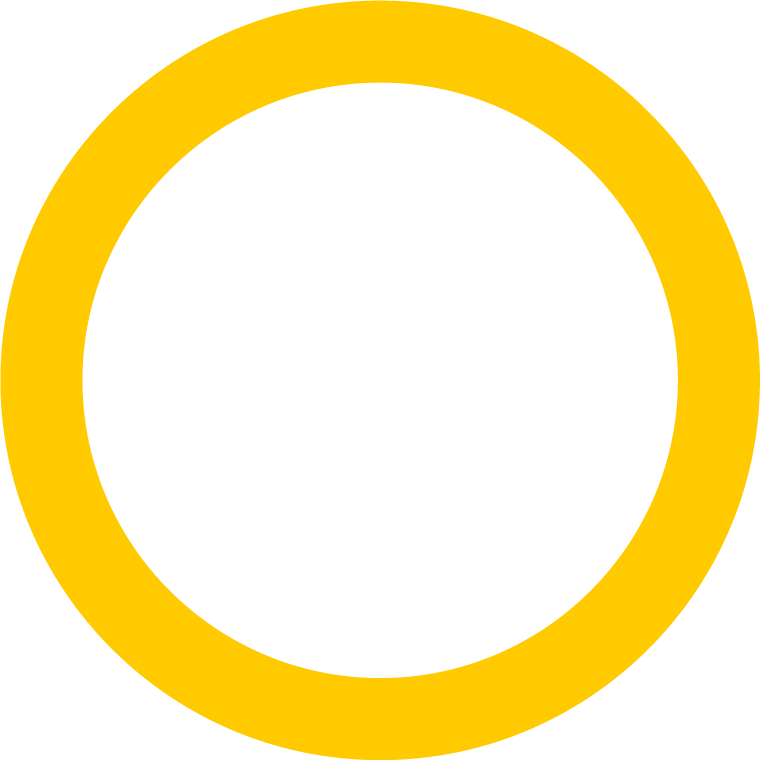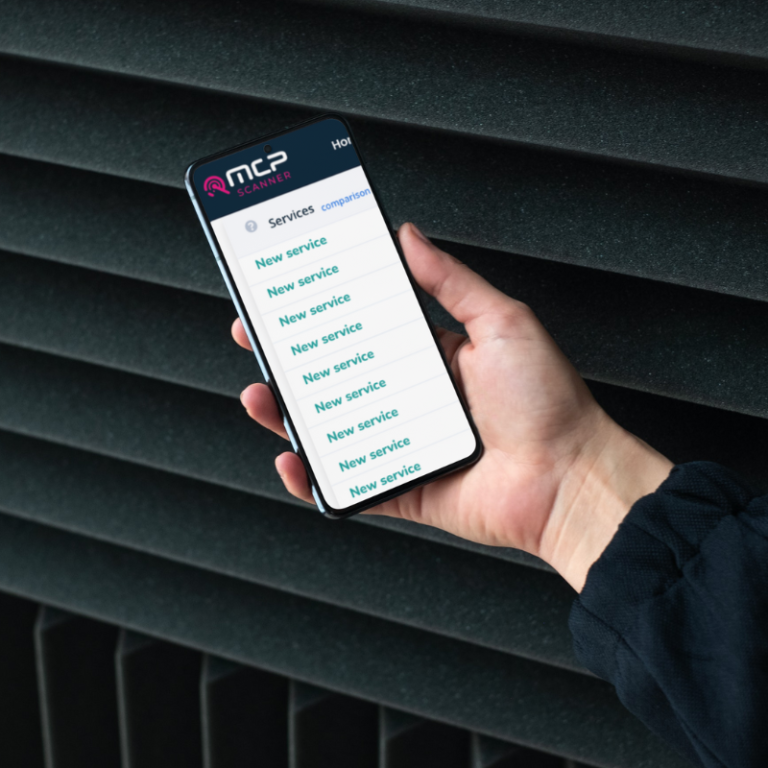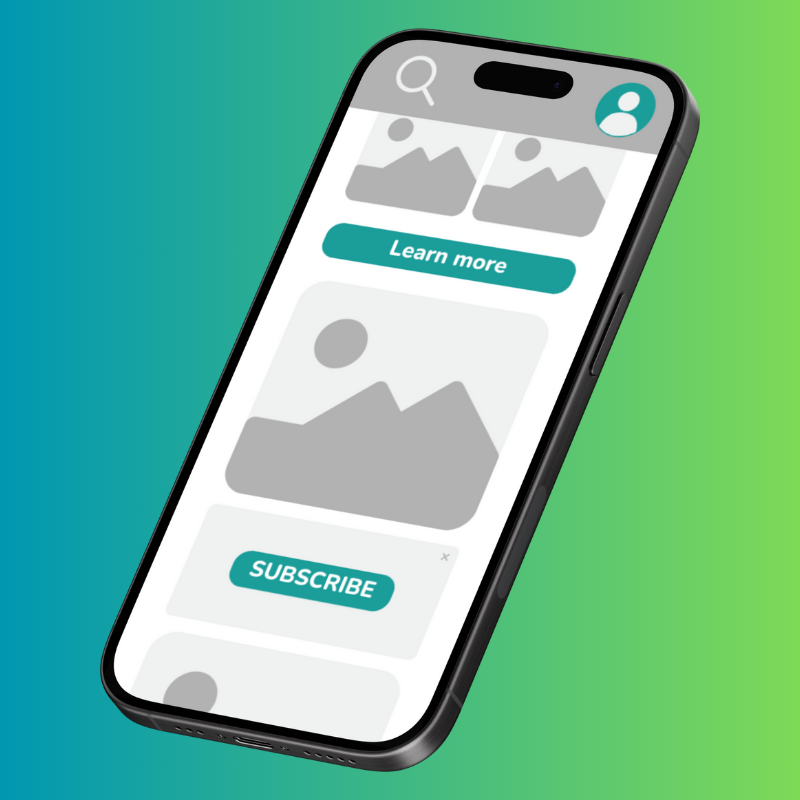FAQs
DIRECT CARRIER BILLING

Got a question about Direct Carrier Billing (DCB)? We've got the answers...
Direct Carrier Billing is a hassle-free mobile payment option that enables users to purchase digital goods and services using their monthly mobile phone bill, eliminating the need for credit or debit cards.
Direct Carrier Billing is a versatile payment method used for various purposes such as subscribing to Apps or Digital Content and Services, as well as buying content on online stores. Thanks to the recent European regulation PSD2, Direct Carrier Billing can now also be used to pay for some physical goods and services, providing greater convenience and flexibility to users.
- The user clicks on an advertisement for something they would like to purchase.
- They are redirected to a landing page / checkout page.
- The user chooses the Direct Carrier Billing payment / mobile phone bill method and enters their mobile phone number.
- A confirmation message is sent to the user’s mobile phone via SMS.
- The charge for the purchase is then added to the user’s mobile phone bill, which they pay as part of their regular billing cycle.
It’s important to note that the specific steps and requirements may vary depending on the Telco’s regulations or local rules. Additionally, some merchants may require additional authentication steps, such as entering a password or using biometric identification, to complete the purchase.
Direct Carrier Billing simplifies the payment process to just one click. All that is required is to enter the mobile phone number and confirm the payment, and the transaction is complete. However, specific flows and processes may vary depending on the Telco’s regulations or local rules.
Direct Carrier Billing can be used to purchase a wide range of digital goods and services, including mobile apps, in-app purchases, digital music and movies, eBooks, and more.
Depending on the carrier and local regulations, Direct Carrier Billing may also be used to pay for physical goods and services.
Many global mobile operators support Direct Carrier Billing, including major carriers such as EE, Three, Vodafone, and others. However, the availability of Direct Carrier Billing varies by operator and region.
Direct Carrier Billing offers several advantages over other payment methods, including convenience, simplicity, and accessibility.
With Direct Carrier Billing, users can make purchases quickly and easily without the need for a credit card or other payment method. Additionally, Direct Carrier Billing may be available to users who do not have a credit card or who prefer not to use one for online purchases.
Conversion rates with DCB are much higher than with payment cards.
Direct Carrier Billing is generally considered a secure payment method, with many carriers implementing security measures to protect users’ personal and financial information.
These measures may include encryption, fraud detection and prevention, and user authentication.
There may be fees associated with using Direct Carrier Billing, depending on the operator and region. These fees may include transaction fees, processing fees, or other charges.
Transaction limits for Direct Carrier Billing vary by operator and region. In some cases, there may be daily, weekly, or monthly limits – set by the regulator – on the amount that can be charged using Direct Carrier Billing.
If you believe that a charge made via Direct Carrier Billing is incorrect or unauthorised, you should contact your mobile carrier or the merchant (content service provider) from whom you made the purchase.
They will be able to assist you in disputing the charge and resolving any issues.
Direct Carrier Billing is available in many countries around the world, but the availability and regulations vary by country and region.
Unlock the power of Direct Carrier Billing
Grow revenue securely and protect your brand and customers.
Book a demo of our compliance, anti-fraud and user verification platforms.





